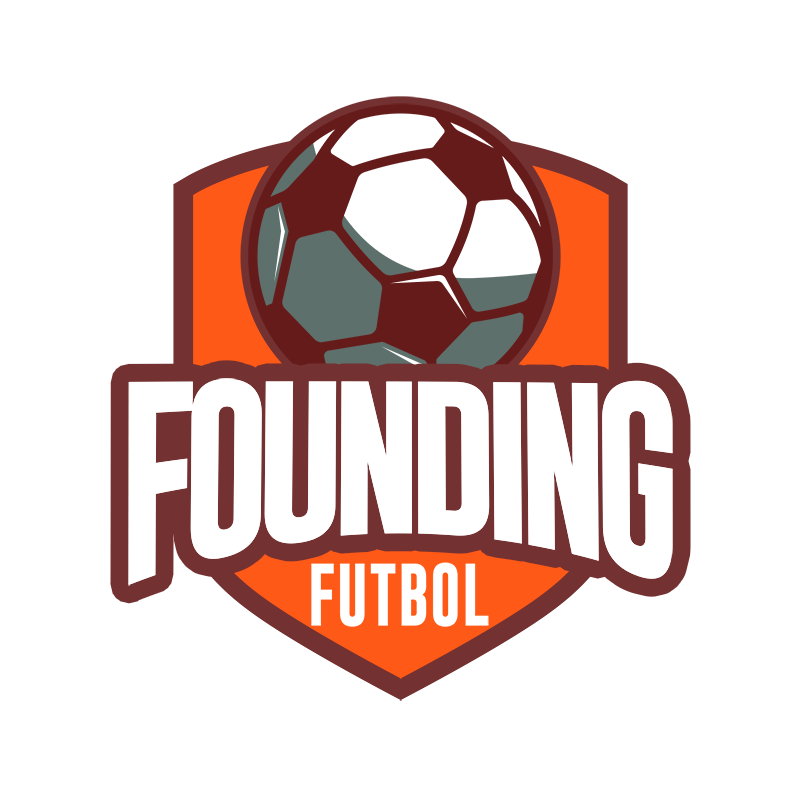CHAPTER TWO:
1959 NCAA SOCCER CHAMPIONSHIP
In 1959, the first year the NCAA staged a national soccer championship, St. Louis University converted its club program to varsity status. It was unlikely that the Billikens would immediately become a powerhouse. After all, some programs had already been in existence for nearly five decades and hundreds of others for at least a decade. How would this upstart team compete? But head coach Bob Guelker built a roster full of St. Louisans that would become an immediate powerhouse and the beginning of a college soccer dynasty. Their model would change college soccer and help forge a path for the sport to become popular in America.
(Photo: The 1959 St. Louis University Billikens, the NCAA’s first soccer champions who went on to claim 10 titles, the most of any other school. Photo credit: Sports History Weekly.)
LISTEN NOW

CHAPTER TWO
1959 NCAA SOCCER CHAMPIONSHIP
The St. Louis University Billikens defeated the University of Bridgeport 5-2 on Saturday, November 28, in Storrs, Connecticut, to win the first NCAA soccer championship. It was a day so windy and rainy that the score was kept inside a plastic bag.
Despite that, St. Louis dominated the game. Bridgeport coach John McKeon was impressed by the Saint Louis performance. “It would take an all-star team picked from the other three semifinalists to give the Billikens anything like a close game,” McKeon said.
The Billikens entered that inaugural NCAA Tournament with an 8-1-0 record after outscoring their opponents 56-6. They finished the season 11-1-0 and outscored opponents 71-10 after beating the University of San Francisco and the City College of New York en route to that final game.
Head coach Bob Guelker boasted a roster built entirely of St. Louisans, creating a new model for college soccer to follow.
Our GUEST
Dave Lange has covered soccer for various media outlets since the 1970s. His stories have appeared in daily newspapers such as The St. Louis Globe-Democrat and the St. Louis Post-Dispatch; magazines such as Soccer America and The Sporting News; and websites such as MLSsoccer.com.
He wrote or co-authored “Practice Makes Perfect: A Guide to Fun Training Sessions for 6–10 Year Olds,” “Cherishing Childhood, the First 100 Years of Community School,” “Webster University: A Century of Defining Moments” and “Taming Troubled Waters: Dr. Henry Givens Jr. and the Transformation of Harris-Stowe State University,” all from Reedy Press. He contributed a chapter to “Soccer Frontiers: The Global Game in the United States, 1863-1913” (University of Tennessee Press, 2021).
Lange was a head coach for 12 years at Busch Soccer Club/St. Louis Soccer Club and holds a USSF National D coaching license and a coaching certificate from the Royal Dutch Football Association. He retired from Anheuser-Busch Companies Inc., where his responsibilities including producing the annual report, managing employee communications at the company’s U.S. facilities, and starting the “Cardinals Magazine,” a monthly commercial publication for the St. Louis Cardinals. He teaches undergraduate and graduate courses in communications as Senior Lecturer at the University of Missouri–St. Louis and Adjunct Full Professor at Webster University.
Visit his website, Soccer Made in St. Louis, and buy his book of the same name.
ADDITIONAL RESOURCES
To learn more about The 1959 NCAA Soccer Championships and the history of soccer in St. Louis that influenced it, we recommend the following resources.
Books
- Soccer Made in St. Louis by Dave Lange
Articles
Our PERSPECTIVE
The 1959 NCAA Soccer Championship had significance for three key reasons. First, paired the rise of college with the rise of college soccer. Higher education was in its golden age on the heels of the GI BIll of 1944, and veterans that had been exposed to soccer in Europe craved it back home. Second, it continued the Americanization of the game, particularly because St. Louis University built a roster entirely with homegrown players, immediately winning the title. Third, the event gave America another success story.



